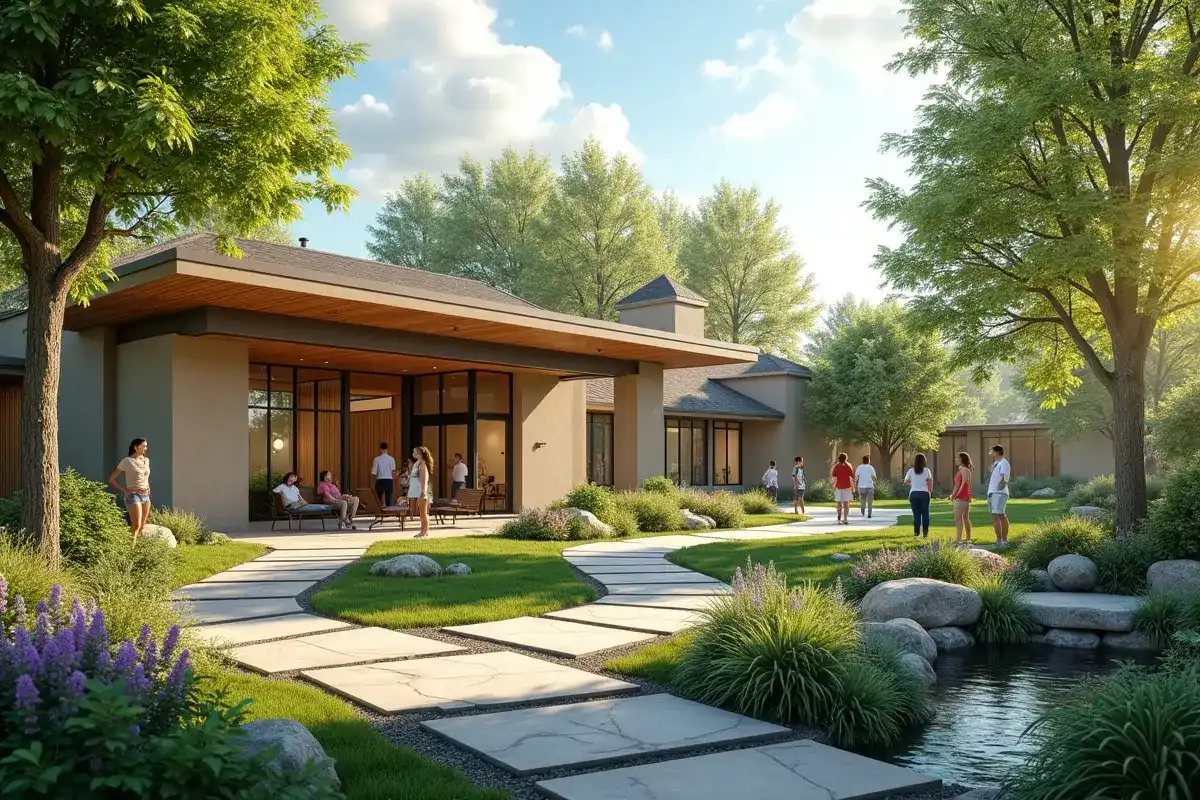When you think of well-being, the first things that might come to mind are usually healthy eating and regular exercise. These are essential parts of a balanced life, but they represent only the beginning of a much broader picture. True personal well-being reaches beyond diet and fitness; it includes mental clarity, emotional stability, social connection, and self-awareness. To live fully, you must nourish every part of yourself, not just the physical body.
Contents
The Overlooked Dimensions of Health
A balanced lifestyle is more than the sum of its routines. People can eat the right foods and stay active yet still feel unfulfilled, anxious, or disconnected. Emotional and psychological health are equally vital to overall wellness. How you handle stress, how you think about yourself, and how you interact with others all shape the body’s internal state.
The mind and body function as a single system. Chronic stress can weaken the immune system, while emotional well-being can enhance recovery and resilience. The same principle applies in the opposite direction: when the body feels healthy and strong, the mind tends to follow. Recognizing this link helps create a more holistic understanding of what it means to live well.
The Role of Self-Perception in Health
Another key element of personal well-being is self-perception. How you see yourself has a direct impact on confidence, motivation, and overall mood. When people feel comfortable in their skin, they are more likely to make healthy choices and engage fully in daily life. Positive self-perception creates momentum toward better habits and a stronger sense of purpose.
For some individuals, achieving that sense of comfort involves addressing areas of physical or emotional imbalance. Medical aesthetics, for instance, can be part of a broader wellness journey when approached with care and intention.
Procedures such as breast augmentation surgery in Chicago often support both physical and emotional well-being by restoring balance, improving comfort, and helping individuals reconnect with their bodies. These choices, when guided by thoughtful professionals, can complement the overall pursuit of health rather than distract from it.
Connection and Rest as Acts of Wellness
Personal well-being also depends on connection, both with others and with oneself. Social relationships provide a sense of belonging, which has been linked to better immunity, lower stress levels, and longer life expectancy. Equally important is solitude: moments of reflection and rest that allow the body and mind to reset.
Sleep is another cornerstone of health often overlooked in wellness conversations. It influences hormone balance, memory, emotional regulation, and physical recovery. Without adequate rest, even the best nutrition and exercise plans lose much of their effectiveness.
A Holistic Vision of Living Well
The future of health lies in integration. Nutrition and movement will always be important, but they are most powerful when supported by mental calm, emotional resilience, and self-respect. Personal well-being is about alignment, when your habits, thoughts, and values all work together to sustain balance.
By embracing this broader perspective, you can redefine what it means to be healthy. True wellness is not measured only by the body’s strength or shape but by the harmony between mind, body, and spirit. Living well becomes less about discipline and more about connection, allowing you to thrive in every sense of the word.



